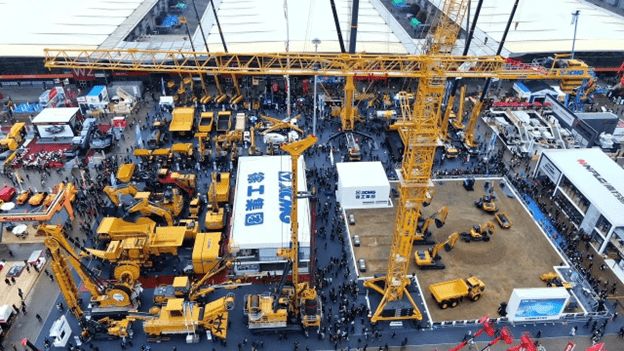Automobile
While the primary focus of water automation is often on sectors like utilities, agriculture, and manufacturing, the automobile industry also has areas Hydrologic MGP Systems dives through where smart water automation is playing a role. Here are some potential applications of smart water automation in the automobile industry:
1. Manufacturing Processes
Cooling Systems: Implement smart water management systems for cooling processes in manufacturing plants. This includes the cooling of machinery and tools used in the production of automobiles.
Water Recycling: Use automation to optimize the recycling of water used in manufacturing processes, reducing overall water consumption.
2. Vehicle Manufacturing Quality Control
Water Quality Monitoring: Implement sensors and automated systems to monitor the quality of water used in the manufacturing process to ensure it meets the required standards.
Automated Testing: Use water automation for automated testing of components that involve water, such as cooling systems, ensuring they meet quality and safety standards.
3. Facility Management
Water Conservation: Implement automation systems to monitor water usage in facilities and identify opportunities for conservation.
Leak Detection: Use sensors to detect and alert to water leaks in manufacturing plants, helping to prevent damage and reduce waste.
4. Automobile Testing
Water-based Testing: Some vehicle testing involves water-related scenarios, such as testing for water resistance, leakage, or functionality of water-related components. Automation can enhance the efficiency of these tests.
5. Car Wash Facilities
Automated Car Wash Systems: Develop and use automated systems in car wash facilities for efficient water usage, recycling, and conservation.
Water Quality Control: Implement systems to monitor and maintain the quality of water used in car wash processes.
6. Vehicle Cooling Systems
Smart Radiators: Develop smart radiator systems that use sensors and automation to optimize the cooling process in vehicles, improving energy efficiency.
Water Pump Automation: Implement automation for water pump systems in vehicles to enhance efficiency and reduce energy consumption.
7. Supply Chain Sustainability
Supplier Water Management: Encourage suppliers to implement smart water automation in their processes to contribute to a more sustainable supply chain.
Water Footprint Monitoring: Use automation to monitor and report on the water footprint of the entire manufacturing and supply chain processes.
8. Regulatory Compliance
Automated Reporting: Implement automated reporting systems to ensure compliance with environmental regulations related to water usage, discharge, and quality.
9. Maintenance Processes
Automated Diagnostics: Use automation for diagnosing water-related issues in vehicles, such as leaks or malfunctions in cooling systems.
Predictive Maintenance: Implement predictive maintenance systems to address potential water-related component failures before they occur.
10. Sustainable Design Practices
Water-Neutral Design: Integrate smart water practices in the design phase, aiming for water-neutral or water-positive manufacturing processes.
By incorporating smart water automation in various aspects of the automobile industry, from manufacturing processes to facility management and vehicle design, it's possible to enhance efficiency, reduce environmental impact, and contribute to sustainable practices.

